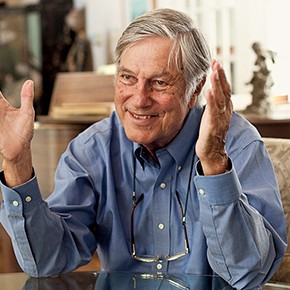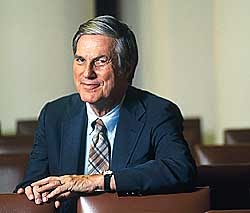BEN’S INTERVIEW WITH GEORGE VAILLANT, MD
 On March 30, 2018, we had a Q&A Interview with George Vaillant, MD, eminent Professor of Psychiatry at Harvard Medical School, long-term Director of the Study of Adult Development, and author of ten books including his newest, Heaven on My Mind.
On March 30, 2018, we had a Q&A Interview with George Vaillant, MD, eminent Professor of Psychiatry at Harvard Medical School, long-term Director of the Study of Adult Development, and author of ten books including his newest, Heaven on My Mind.
TO RECEIVE THE RECORDING, submit your name and email address here:

 In
In  George E. Vaillant, M.D. is a professor of psychiatry at Harvard Medical School and directed Harvard’s Study of Adult Development for thirty-five years. He received his medical degree from Harvard Medical School, did his psychiatric residency at the Massachusetts Mental Health Center, and later completed psychoanalytic training at the Boston Psychoanalytic Institute.
George E. Vaillant, M.D. is a professor of psychiatry at Harvard Medical School and directed Harvard’s Study of Adult Development for thirty-five years. He received his medical degree from Harvard Medical School, did his psychiatric residency at the Massachusetts Mental Health Center, and later completed psychoanalytic training at the Boston Psychoanalytic Institute.